|
|
Acknowledgement: This Snapshot topic may be very difficult for some to read, based on their own life experiences at this time. Grief and loss is an important topic to address, but it may not be the right time for each person. Please take care of your own mental health and know that all
Snapshots are archived, if the information may be more helpful at a later date. The information is meant to serve as a guide and is not meant to replace professional help if required.
|
|
|
|
|
|
|
|
|
Each year thousands of teenagers experience the death of someone they love. When a parent, sibling, friend or relative dies, teens feel the overwhelming loss of someone who helped shape their still emerging and potentially fragile self-identities. And these feelings about the death become a part of their lives forever. Caring adults can help teens during this time.
|
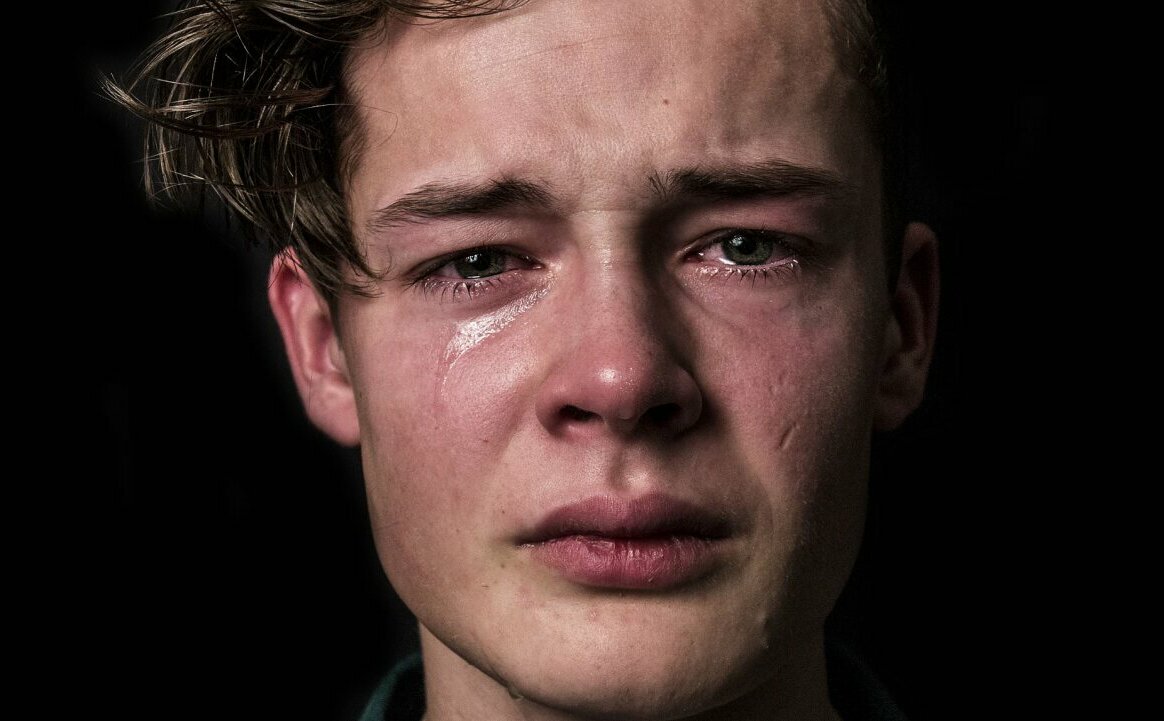
|
|
|
|
Experiencing the loss of someone loved can be a chance for young people to learn about both the joy and pain that comes from caring deeply for others.
There are resources at the end of the Snapshot to support families; it is not easy for the adults supporting the youth through these difficult times, but it is crucial and life changing work.
|
| |
|
|
|
|
|
|

| Many people experience grief and a sense of loss after the death of a loved one. But the ways in which they experience and express these feelings may differ across cultures. Culture is the mix of beliefs, values, behaviors, traditions, and rituals that members of a cultural group share.
As you read further it is important to remember that each culture has its own beliefs that influence how they cope with, and express their grief.
|
| |
|
|
|
|
|
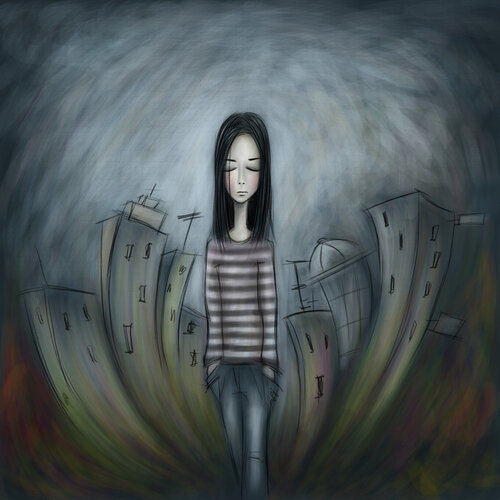 |
Grief is what a person experiences when they lose something or someone close to them. People often associated grief with the death of a pet or loved one. However, people can also experience grief after any important loss in their life. It impacts people emotionally, physically, mentally and spiritually. The person might feel numb, anxious, sad, heartbroken, angry, scared or guilty. They might even feel relieved or peaceful at times. They might also have very negative thoughts or act out.
|
|
|
|
|
Grief is natural, and many people start to feel better as time passes. But some people need a bit of extra support from a professional to help them through a difficult period.
|
|
|
 |
Children and youth grieve differently than adults. Youth may show they are grieving by the way they behave:
Physical: Headaches, tiredness, numbness, crying a lot, unable to relax, nausea.
Emotional: Sadness, anger, anxiousness, disbelief, despair, guilt, relief, loneliness.
|
|
|
|
Behavioural: Changes to sleeping patterns, dreams or nightmares, changes to appetite. They may experience unusual emotional reactions or feel weepy. They may act our or "misbehave".
Social: Isolate themselves or pretend like nothing has happened. |
Mental: Forgetful, distracted, confused, poor memory, worried about the health and safety of others, difficulty making decisions.
Spiritual: They may question their spirituality and blame a high power for allowing this to happen. They may feel that faith is not enough.
|
| |
|
|
|
|
|
Let your teen react to the loss in their own way. Some teens may need to express their grief in private. Others may feel frustrated and helpless and react strongly, even showing intense rage. They may need reassurance that their intense feelings are normal reactions to a stressful situation.
Allow your teen to question. Teens who experience loss often question the meaning of life, what happens after death, why does tragedy occur, and why bad things happen to good people.
|

|
|
|
|
Give your teen time to adjust to a loss. Teens vary in their ability to adjust to major changes, including losses in their lives. Your teen may not be ready to respond to a loss at the same time as you or other people.
Set reasonable limits on your teen's behaviour. When a major loss occurs in a teen's life rebellious behaviours may become more dramatic. Teens usually feel more comfortable when they are clear about how far they can go with their behaviour. Be gentle but clear about your expectations of them.
|
| |
|
|
|
|
|
There are many reasons why healthy grieving can be especially difficult for teenagers. Some grieving teens may even behave in ways that seem inappropriate or frightening.
Be on the watch for:
|
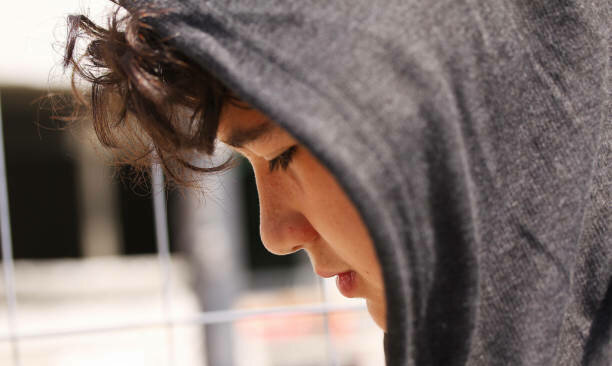
|
|
|
• symptoms of chronic depression, sleeping difficulties, restlessness and low self esteem
• academic failure or indifference to school related activities
• deterioration of relationships with family and friends
• risk-taking behaviors such as drug and alcohol abuse, fighting, and sexual experimentation
• denying pain while at the same time acting overly strong or mature
|
|
|
|
 | To help a teen who is having a particularly hard time with their loss, explore the full spectrum of helping services in your community. School counselors, counselling services and private therapists are appropriate resources for some young people, while others may just need a little more time and attention from caring adults. See Learning Through Loss Programs and the Resources at the end of the Snapshot.
|
| |
|
|
|
|
|
|
|
|
Even though what you are feeling sucks, it is going to get better. You will feel happy again. You have to believe that. The fact that you are feeling this way shows that you loved that person. Talk to someone about how you are feeling – just talking about it helps.
|
| |
|
|
|
|
|
1. Grieving is the teen‘s natural reaction to a death. Grief is a natural reaction to death and other losses. However, grieving does not feel natural because it may be difficult to control the emotions, thoughts, or physical feelings associated with a death. The sense of being out of control that is often a part of grief may overwhelm or frighten some teens. Grieving is normal and healthy, yet may be an experience teens resist and reject. Helping teens accept the reality that they are grievers allows them to do their grief work and to progress in their grief journey.
|

|
|
|
|
2. Each teen‘s grieving experience is unique. Grieving is a different experience for each person. Teens grieve for different lengths of time and express a wide spectrum of emotions. Grief is best understood as a process in which bodily sensations, emotions, thoughts, and behaviors surface in response to the death, its circumstances, the past relationship with the deceased and the realization of the future without the person. For example, sadness and crying may be an expression of grief for one teen, while another may respond with humor and laughter...

|
| |
|
|
|
|
|
|
|
|
This stirring film is a meditation on grief, in the context of colonization and cultural loss. This film was made by Indigenous youth, who came together to produce films that give voice to their experience and ideas about decolonization.
|
| |
|
|
|
|
|
Early teens: Since these teens may feel ill at ease when expressing grief, ask your teen to draw a picture, make a picture collage, or write a story or poem about his or her loss. Talk about the feelings that are expressed in the activity. |
Middle teens: Since they cannot imagine their own death and often think that they will live forever, middle teens need activities that express their feelings in a healthy way. Look at photographs, watch a sad movie, or listen to sad songs with your teen. Use the time to let your teen talk or just sit quietly.
|
|
|
|
|
|
Late teens: Although late teens grieve more like adults, they may not want to participate in the activities associated with a major loss. For example, they may not be able to help other people after a natural disaster or attend a service for a deceased relative. Respect your teen's position. Do not force your teen to participate in activities that they feel uncomfortable doing. It may interfere with their ability to grieve. Your teen will grieve on their own time. Help your teen find activities to express their grief, such as a private service at home for the loved one who died.
|
| |
|
|
|
|
|
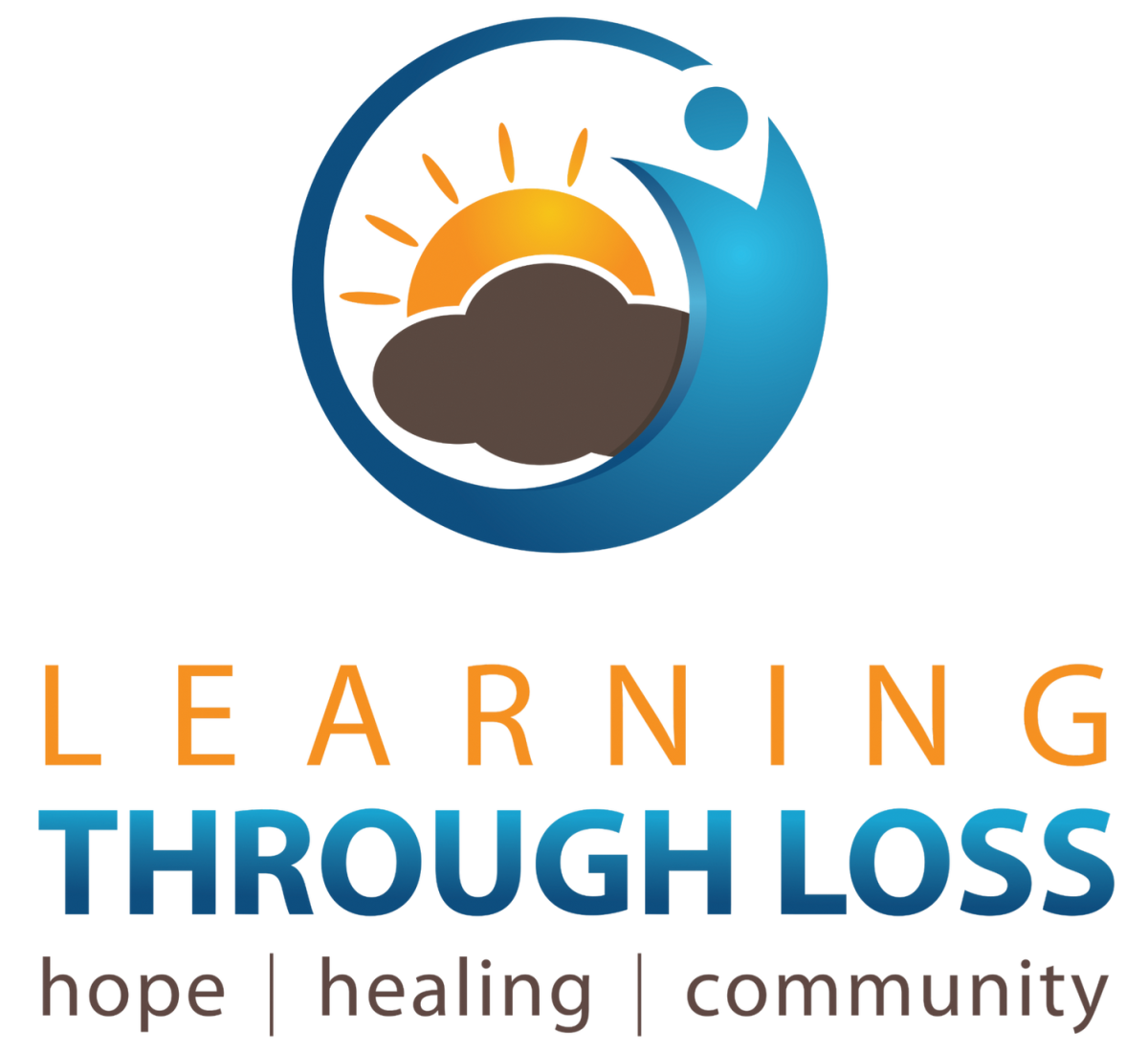 | Friends of Living and Learning Through Loss understand that for youth it can be particularly difficult to navigate the challenges of grief, loss and bereavement. Our workshops and programs are designed to provide youth and young adults with the tools and skills to learn how to manage grief and loss in healthy, life-affirming ways.
|
|
|
|
The Learning Through Loss Group Program is a free 8 week, 16 hour peer support group that provides a safe place for youth between the ages of 13-24 who have been impacted by loss or significant change to find the support and resources to navigate and manage their grief. |
Short-term specialized grief counselling support is provided by registered clinical counsellors and available to eligible youth and young adults between the ages of 13-24 by referral. Fee for service.

|
| |
|
|
|
|
|
|
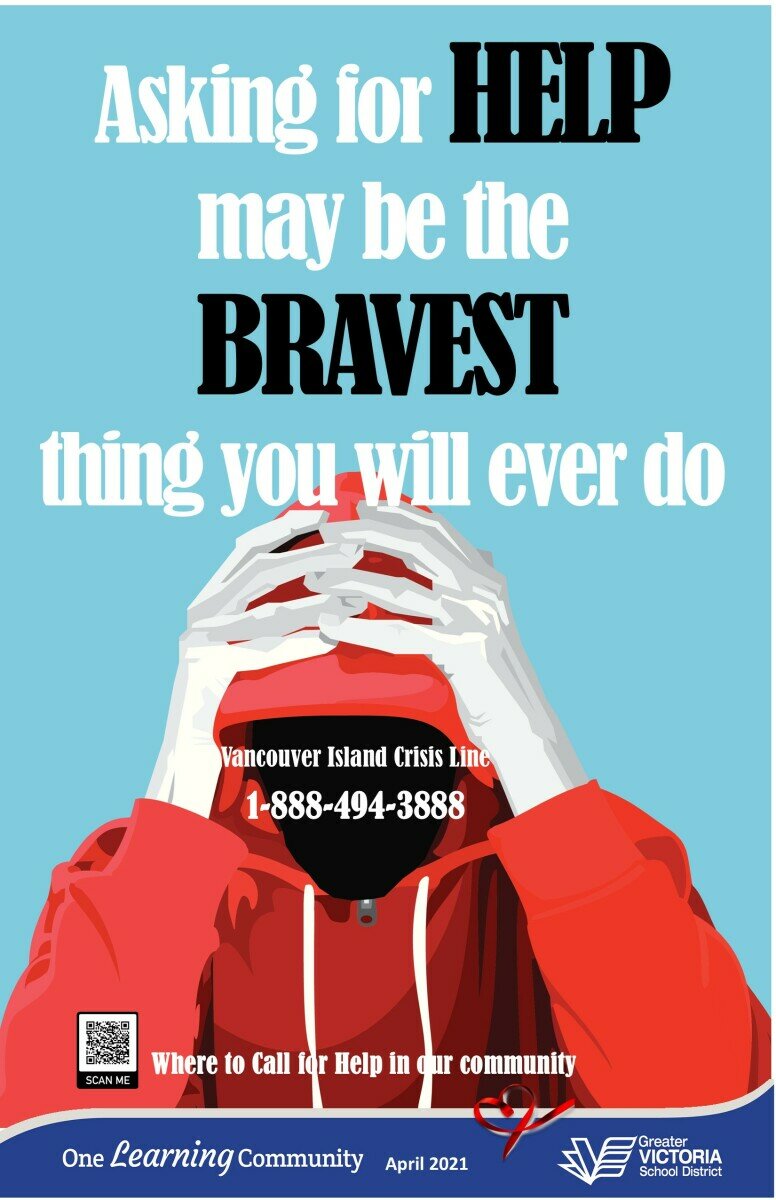
| During the middle school and high school years, most teenagers believe that asking for help is a sign of weakness. In a world of social media, peer pressure and feeling misunderstood they fear the stigma more than the consequences of going without the help they need. You will often see the teens that are in the most difficult places trying to hide how hard things really are. The intent of this poster is to highlight the fact that bravery is having the courage to be vulnerable, share our struggles, and to ask for help when we need it. It includes Vancouver Island Crisis Line and a local resource
Where to Call for Help in Our Community
|
| |
|
|
|
|
|
|
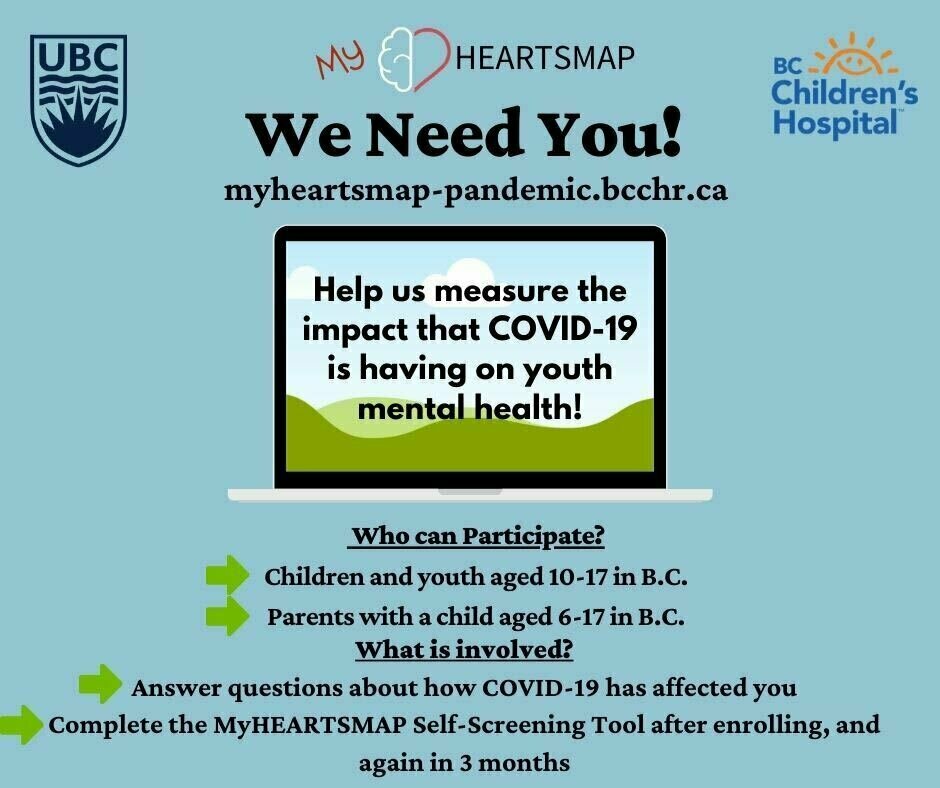
| The MyHEARTSMAP team needs your help to measure how much and in what ways the changes in our lives during the pandemic have affected the social and psychological wellness of our children and youth. Learning about our children's needs will help guide our provincial mental health resource planning.

|
| |
|
|
|
|
|
|
|
|
|
|
|
|

| Do you enjoy the monthly Snapshots?
Do you have suggestions on how to improve the Snapshots?
Do you have ideas for future topics?
Let us know!
We would love to hear from you!

|
| |
|
|
|
|
|